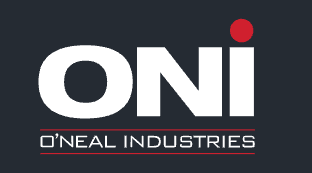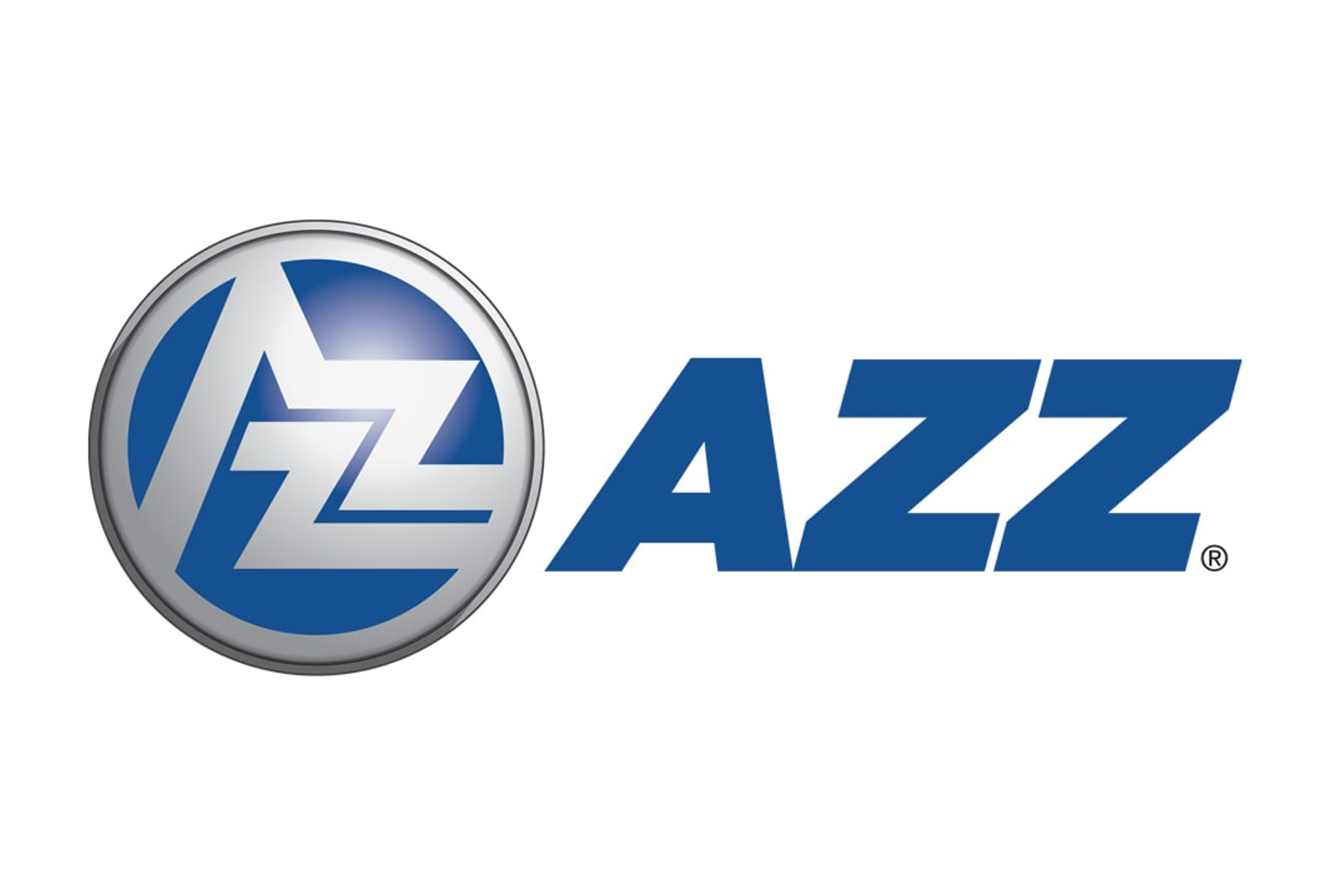Distributors/Service Centers

November 4, 2021
‘Demand Deferred, Not Denied’ Leads to Solid Q3 at Ryerson
Written by Tim Triplett
The management team at Ryerson reported solid third-quarter results on Thursday and expressed optimism about underlying demand in the fourth quarter and into next year. “The pricing environment is still healthy and strong underpinned by good demand – demand deferred, not denied – and we see that continuing into 2022,” Ryerson President and CEO Eddie Lehner told analysts and investors.
![]() The service center giant’s third-quarter revenues totaled $1.6 billion, up 11% from the prior quarter, with average selling prices 19.6% higher but tons shipped 7.2% lower. Net income attributable to Ryerson Holding Corp. was $50 million, down from $113 million in the previous quarter.
The service center giant’s third-quarter revenues totaled $1.6 billion, up 11% from the prior quarter, with average selling prices 19.6% higher but tons shipped 7.2% lower. Net income attributable to Ryerson Holding Corp. was $50 million, down from $113 million in the previous quarter.
Ryerson noted shipment declines in most of its end markets as accumulating constraints in customer supply chains deferred underlying demand. Metal fabrication, machine shop and ground transportation sectors reported softening shipments, though demand signals in these markets, including Class 8 build forecasts, remain supportive. Ryerson’s oil and gas sector, in contrast, saw a quarter-over-quarter improvement in North American shipments. Overall, supply cannot yet meet present and trending demand, the company said.
Pricing across carbon steel products continued to increase throughout the third quarter, with CRU hot-rolled prices up over $285 per short ton in September versus June. Carbon prices plateaued in the beginning weeks of the fourth quarter, however. LME nickel and aluminum commodity indexes also appreciated in the third quarter, gaining 8% and 16%, respectively. Given supportive underlying demand conditions and gradually improving metals availability, Ryerson anticipates that carbon prices will begin to normalize in the fourth quarter while aluminum and nickel maintain their relative strength.
“We are observing a number of positive demand factors that support sustainable manufacturing strength,” Lehner said. “They include decarbonization, consumer spending power, company earnings, fiscal policy, infrastructure investment and ongoing restocking from low levels of consumer inventories.” Commenting on the budget debate in Washington, he added, ““Let’s make infrastructure investment happen without further delay. We need it, and we need a lot of it.”
At this point in the fourth quarter, pricing growth across carbon products has slowed while nickel and aluminum prices remain elevated, benefitting the company’s diversified product mix, which remains approximately 50% bright metals. Looking ahead, Ryerson anticipates fourth-quarter revenues in the range of $1.5 billion to $1.6 billion with average selling prices up 5% to 7% and shipments down 7% to 9% due to normal seasonality patterns and persistent supply-chain constraints within its end-markets.
During the quarter, Ryerson also announced a new facility in Centralia, Wash., and construction of a new build-to-suit Central Steel & Wire facility in University Park, Ill., that will serve as the future operational hub of the CS&W business. The company’s acquisition of Specialty Metals Processing, a toll processor in Stow, Ohio, complements its strength in stainless products.
Ryerson is a leading value-added processor and distributor of industrial metals with operations in the United States, Canada, Mexico and China. Founded in 1842, Ryerson has around 4,000 employees in approximately 100 locations. Ryerson is the second largest service center operator in North America with 2020 sales of $3.5 billion, as ranked in the Metal Center News Service Center Top 50.
By Tim Triplett, Tim@SteelMarketUpdate.com







